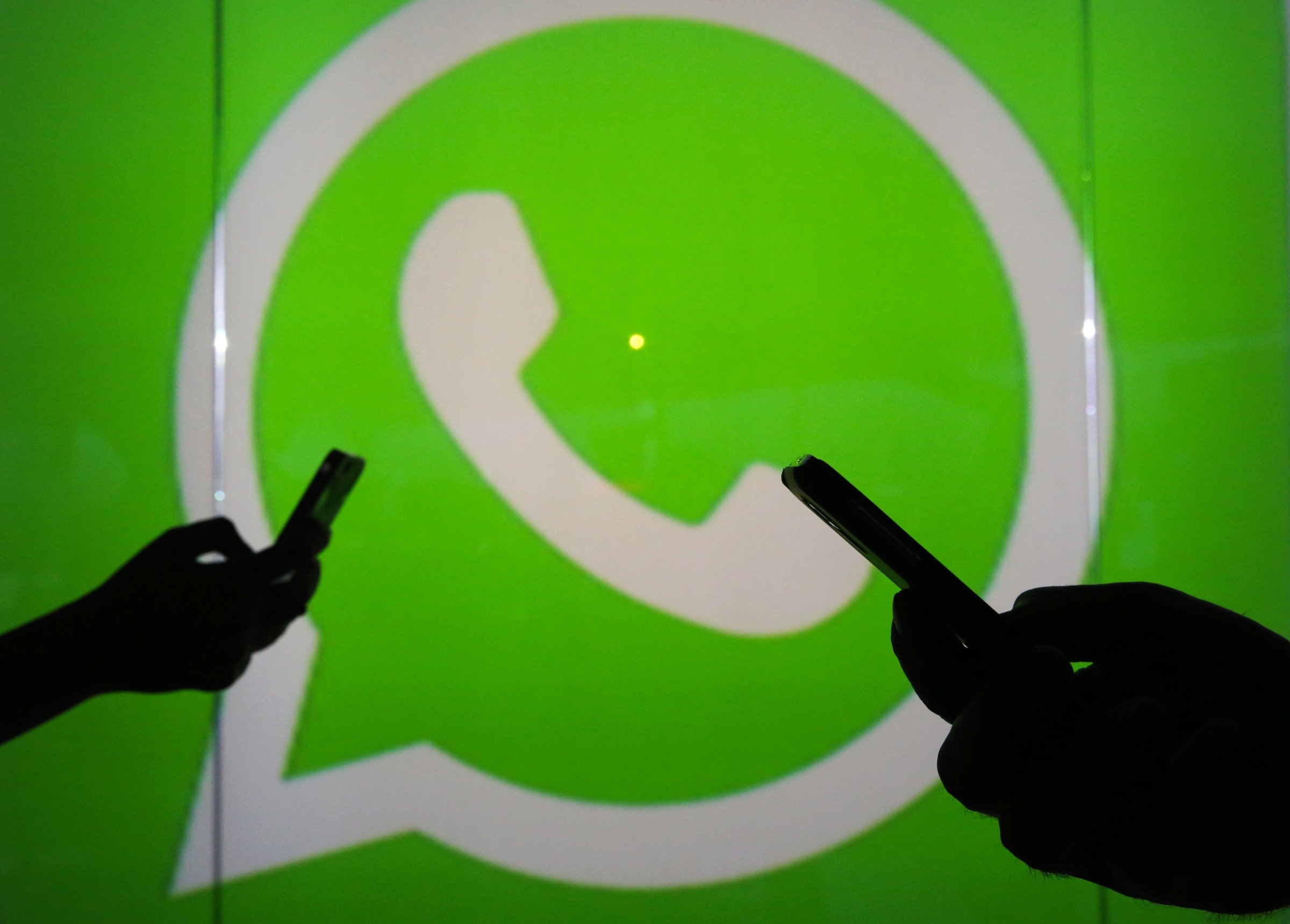
The New York Times reports that government officials are debating how to gain access to encrypted WhatsApp messages that have been approved for monitoring by a federal judge in a criminal investigation. Paralleling the ongoing fight between the FBI and Apple, some investigators believe that a judge should force WhatsApp to decrypt the relevant information.
That may or may not even be possible. WhatsApp has already faced similar pressure in Brazil, where an executive of parent company Facebook was jailed after a Brazilian court demanded that WhatsApp decrypt messages wanted in a drug-trafficking investigation. As Fortune reported in that instance, WhatsApp’s recent implementation of end-to-end encryption likely makes it impossible for the company to provide any information to law enforcement using existing resources.
With close to a billion monthly active users, WhatsApp is a prime target for investigators looking to expand their monitoring capabilities. But as the Times points out, it is also a company with firm anti-surveillance values, in part thanks to founder Jan Koum’s roots in Soviet-controlled Ukraine. An anti-encryption suit against the company could further solidify tech companies’ already strong stance against providing governments or law enforcement any “back door” access to users’ encrypted communications and data.
The nature of the specific case involving WhatsApp messages isn’t clear, though it reportedly is not terrorism-related. Observers have alleged that the FBI chose to pressure Apple to open the iPhone of one of the San Bernardino terrorist attackers because they believed public sentiment around the specific case would break in their favor. That support, though, has proven less than universal, and a less clear-cut case could deepen public skepticism.
Authorities, however, may see little choice but to widen their efforts to get around encryption. As the Times puts it, electronic monitoring has long been a vital tool for law enforcement, and with unbreakable encryption, “the future of wiretapping is in doubt.”
This article originally appeared on Fortune.com
More Must-Reads from TIME
- Cybersecurity Experts Are Sounding the Alarm on DOGE
- Meet the 2025 Women of the Year
- The Harsh Truth About Disability Inclusion
- Why Do More Young Adults Have Cancer?
- Colman Domingo Leads With Radical Love
- How to Get Better at Doing Things Alone
- Michelle Zauner Stares Down the Darkness
Contact us at letters@time.com